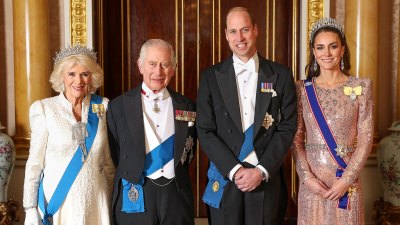Several British royals have been diagnosed with various forms of cancer since the start of their family's reign.
Buckingham Palace announced this in February 2024 King Charles III was diagnosed with cancer a week after being admitted to the London Clinic for treatment for an enlarged prostate.
“During The King's recent hospital procedure for a benign prostate enlargement, another area of concern was noted,” a statement said at the time. “Subsequent diagnostic testing identified a form of cancer.”
The palace further explained that Charles had begun “a schedule of regular treatments” and would “postpone public duties” while “continuing to conduct state business and official paperwork as usual.” Charles was “grateful to his medical team” for their quick action after his procedure.
The statement concluded: “His Majesty has chosen to share his diagnosis to avoid speculation, in the hope that this can increase public understanding for everyone around the world affected by cancer.”
Scroll down to see which other members of the royal family have been affected by cancer over the years:
Princess Victoria
The daughter of Queen Victoria And Prince Albert died in 1901 of breast cancer at the age of 60.
King Edward VII
During his reign, which lasted from 1901 to 1910, King Edward VII had a rodent ulcer (basal cell carcinoma) removed from the area next to his nose, which was healed with radium in 1907, according to Jane Ridley'S Bertie: A Life of Edward VII. His death three years later, at the age of 68, was unrelated to his battle with cancer and was attributed to an infection resulting from an appendectomy.
King Edward VIII (the Duke of Windsor)
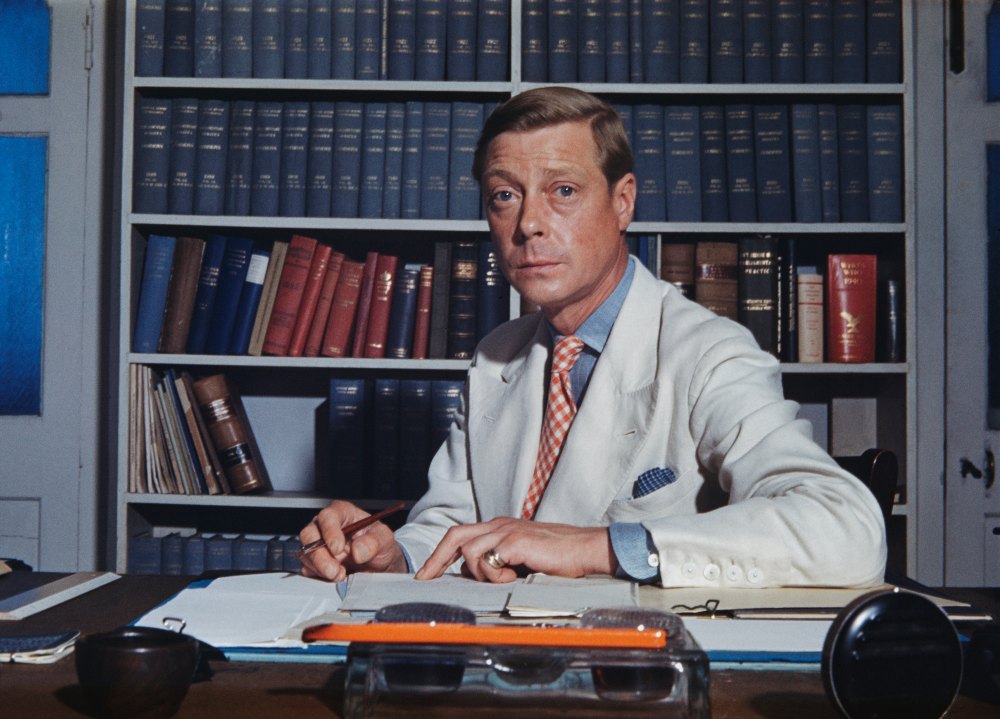
King Edward VIII.
Ivan Dmitri/Michael Ochs Archive/Getty ImagesEdward reigned for only a short time in 1936 before abdicating the throne and receiving the title of Duke of Windsor. In 1971 he was diagnosed with throat cancer after a long history of smoking. He died the following year at the age of 77.
King George VI
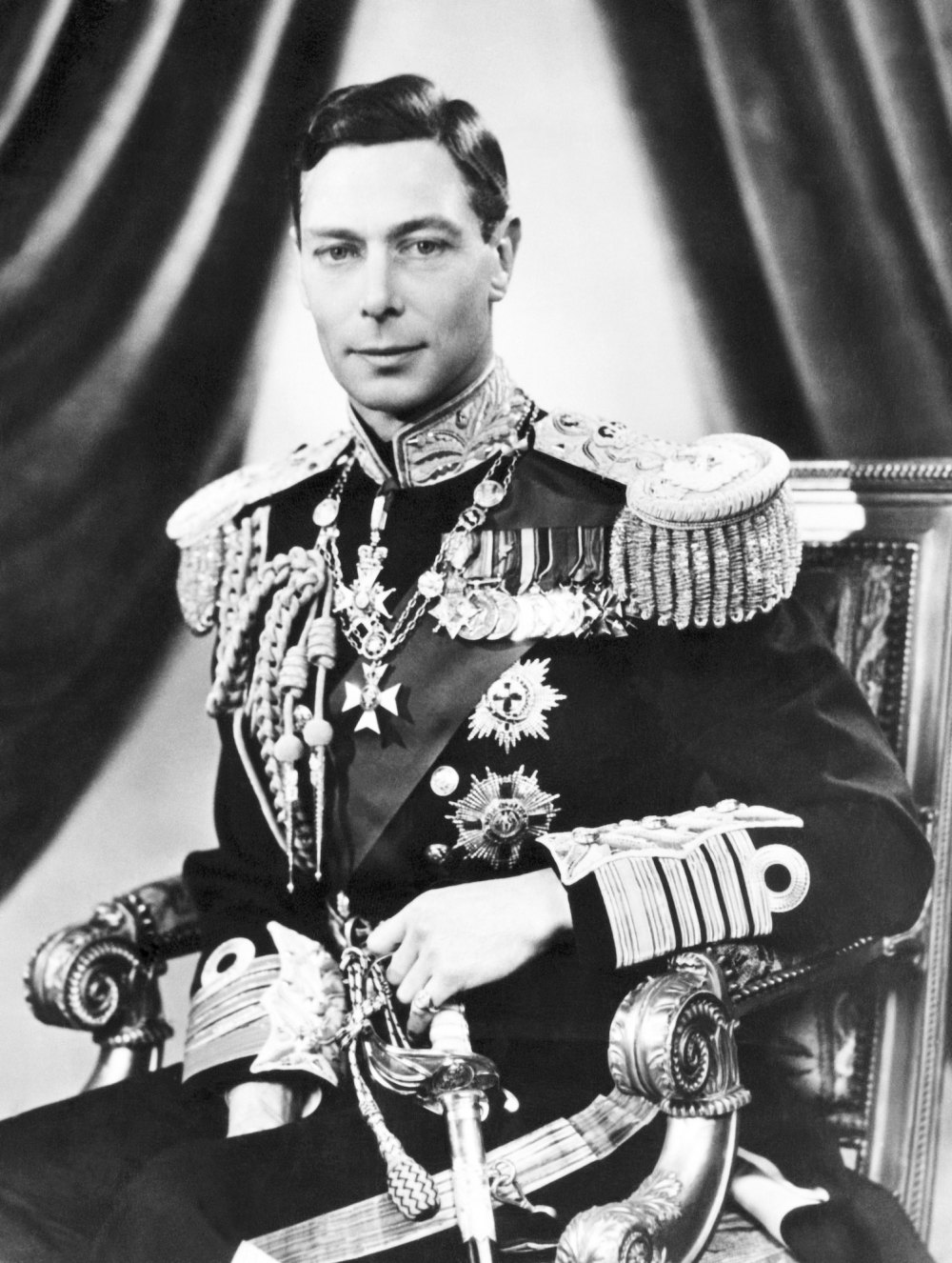
His Majesty King George VI.
Underwood Archives / Getty ImagesKing George VI reigned from 1936 until his death in 1952 at the age of 56. According to a study by the University of Oxford In 2018, the late king was diagnosed with lung cancer due to his history as a heavy smoker. As a result, his left lung – including a malignant tumor – was removed during an operation in 1951.
Queen Elizabeth (the Queen Mother)
The Queen Mother was diagnosed with multiple forms of cancer during her time on the throne with husband George V (1936 to 1952), but these were not made public until years after her death in 2002 at the age of 101.
Biographer William Shawcross revealed in his 2009 book, The Queen Mother: The Official BiographyThat Elizabeth in 1966 a tumor was removed after being diagnosed with colon cancer. She was later diagnosed with breast cancer in 1984 and underwent surgery to remove a lump in her breast.
Sarah, Duchess of York
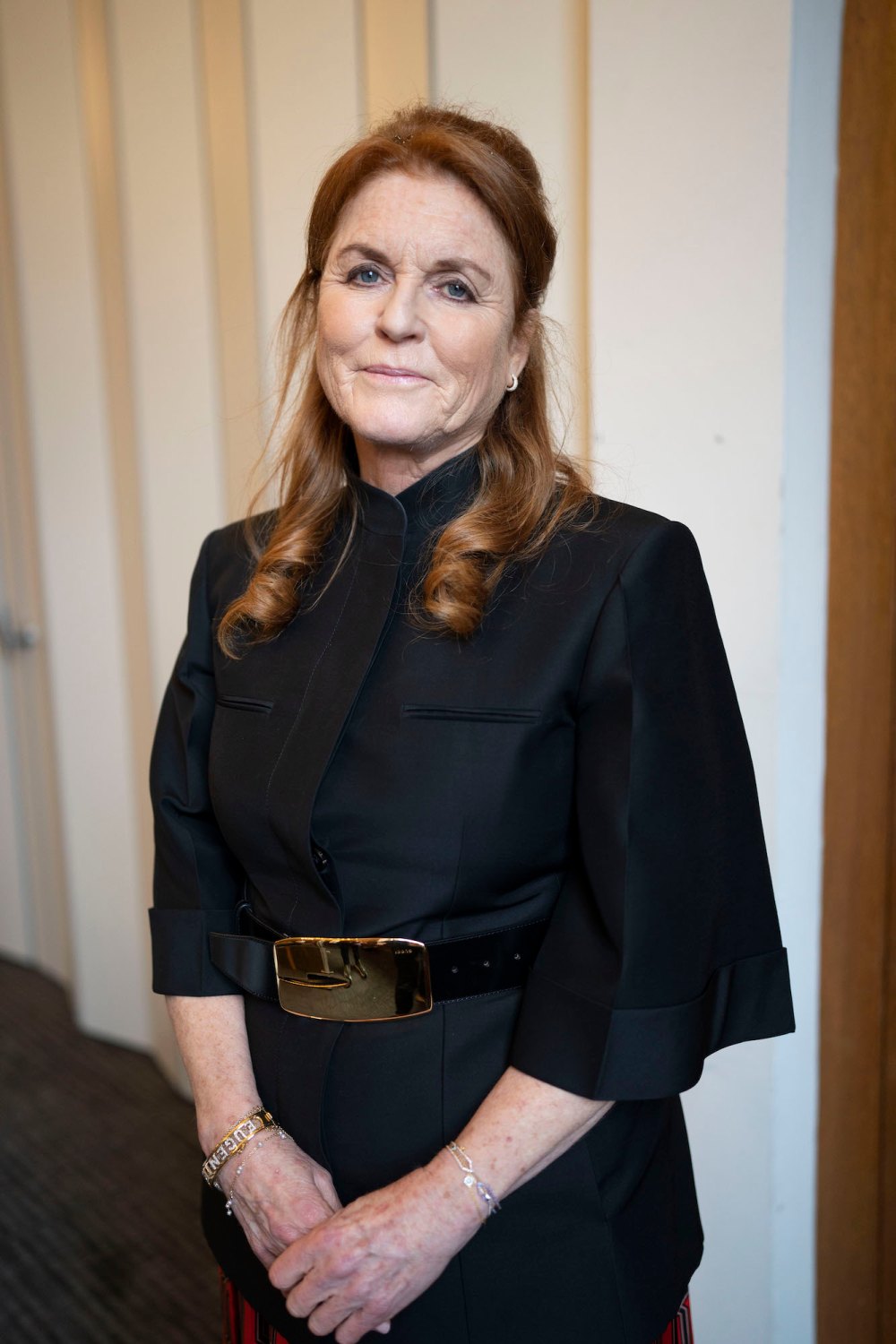
Sarah, Duchess of York.
David Levenson/Getty ImagesSarah Ferguson announced her breast cancer diagnosis in June 2023. Less than a year later, the Duchess of York announced in January 2024 that she had received a second cancer diagnosis: malignant melanoma.
King Charles III
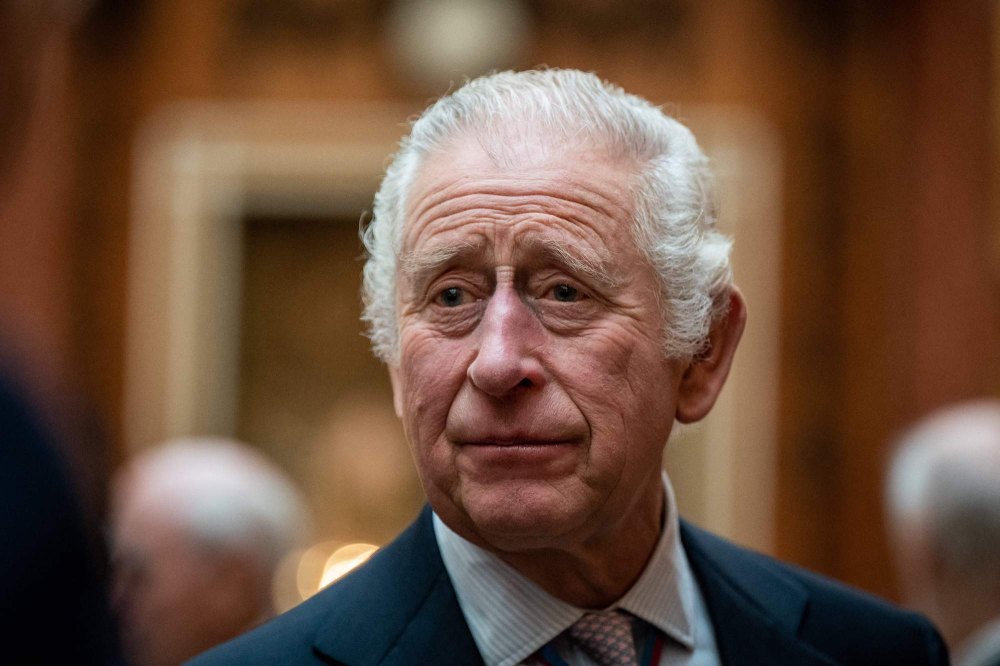
King Charles III.
AARON CHOWN/POOL/AFP via Getty ImagesBuckingham Palace confirmed that Charles had been diagnosed with cancer in February 2024. Although his specific diagnosis was not immediately revealed, the royal expert said Omid Scobie confirmed that Charles did not have prostate cancer.


